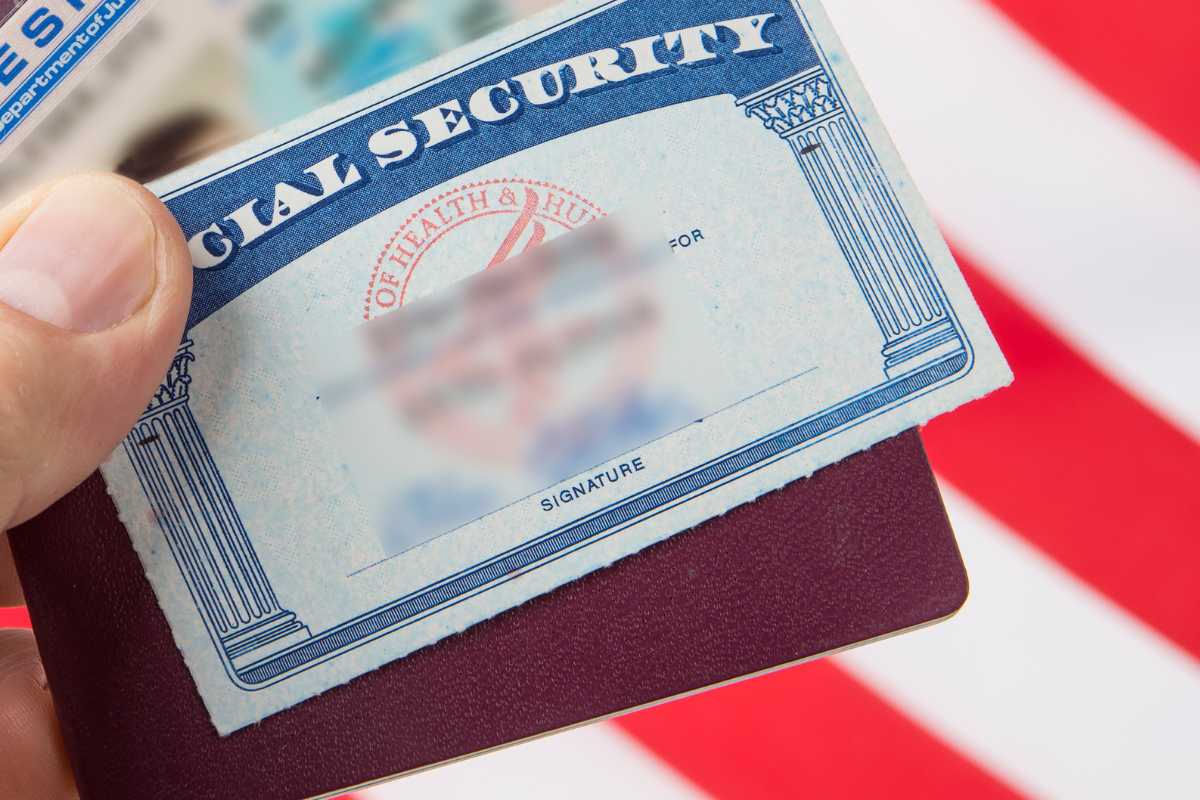Millions of Americans could lose their Social Security benefits because of unpaid student loans. It’s a surprising and unfortunate reality for many older Americans.
They spent years working hard and contributing to Social Security, only to find their benefits reduced due to lingering student debt.
This article will explore why this happens, how much people stand to lose, and what efforts are being made to address this issue. We’ll also look at the long-term impact on retirees and the unique struggles faced by middle-class workers over 55 with student loan debt.
Why Do Americans Lose Their Social Security Benefits Over Student Debt?
Americans can lose their Social Security benefits due to unpaid student loans because the government has the right to garnish these benefits. This means they can take a portion of your Social Security payments to repay the debt.
Many might think that student loan debt only affects younger generations. However, about 2.2 million Americans over 55 still owe money on their student loans. When these loans go unpaid, the government can take up to 15% of their Social Security benefits.
This garnishment can significantly impact retirees’ financial security, making it harder to manage daily expenses and enjoy a comfortable retirement.
For instance, if your monthly Social Security benefit is $1,900, you could lose around $286 each month if your student loan is delinquent. This situation is particularly challenging for older adults who rely heavily on Social Security as their primary source of income.
How Much Do They Lose?
The amount lost from Social Security benefits due to student loan debt can be substantial. On average, retirees receive about $1,900 a month from Social Security. If they owe student loans and fail to make payments, they might see around $286 deducted from their monthly benefits.
This reduction occurs when a loan becomes delinquent, meaning payments have been missed. The government then steps in and takes a portion of Social Security money to cover the outstanding debt.
This deduction can make a significant difference in a retiree’s monthly budget, affecting their ability to pay for essentials like housing, healthcare, and food.
Efforts are being made to change this. New laws are being proposed to protect Social Security benefits from being garnished due to unpaid student loans. These laws aim to help older workers keep more of their benefits and save more effectively for retirement.
Biden Administration’s SAVE Plan
The Biden administration has introduced the Savings on a Valuable Education (SAVE) Plan to address the issue of student loan debt.
This plan is designed to make it easier for borrowers to repay their loans and reduce the time required for debt relief. It ensures that payments are only required when income exceeds a certain threshold, making it more manageable for borrowers.

However, while the SAVE Plan offers some relief, it might not be enough to prevent retirees from losing their Social Security benefits. The plan’s impact on older Americans with student loan debt remains limited. Many retirees still face the challenge of having their benefits garnished despite these efforts.
The SAVE Plan represents a step in the right direction, but more comprehensive measures may be needed to fully protect older Americans from losing their Social Security benefits due to student loan debt.
Long-Term Impact on Retirees
The long-term impact of student loan debt on retirees is significant. Data shows that Americans aged 55-64 may need over 11 years to pay off their loans, while those over 65 might need 3.5 years. This prolonged repayment period can affect their financial stability and quality of life.
Despite efforts by the Biden administration to forgive student debt, the relief mainly helps those in public service. Many older Americans still owe substantial amounts from their education, making it difficult to enjoy a secure retirement.
The burden of student loan debt forces some retirees to continue working well into their senior years or cut back on essential expenses.
The Struggle of Middle-Class Workers
Middle-class workers over 55 are particularly affected by student loan debt. Unlike younger borrowers, older ones have fewer working years left to repay their debt and save for retirement. Approximately half of these older borrowers earn less than $54,600 a year, making it challenging to manage their finances.
These middle-class workers often have to balance repaying student loans with saving for retirement, creating a significant financial strain. Some may even have to delay retirement and continue working past 65 to make ends meet.
Additionally, many of these borrowers did not complete the degrees they borrowed money for, resulting in lower-than-expected incomes.
This double burden of repaying loans and saving for retirement leaves middle-class older Americans in a precarious financial situation. They face the risk of having their Social Security benefits garnished, further complicating their ability to achieve a comfortable retirement.
Related:
- Social Security Updates for 2025: Anticipated Increases and New Limits
- Bantuan Tunai Rakyat 2024: Cash Aid, Payment Dates, and Eligibility Explained
- Child Tax Credit July 2024 – Payment Dates, Amounts, and Essential Information
Conclusion
Millions of Americans could lose their Social Security benefits because of unpaid student loans. This issue affects a significant number of older Americans, reducing their financial security during retirement.
While efforts like the Biden administration’s SAVE Plan aim to address this problem, more comprehensive measures may be needed.
The long-term impact on retirees and the unique struggles faced by middle-class workers over 55 highlight the urgent need for solutions to protect Social Security benefits from garnishment due to student loan debt.
